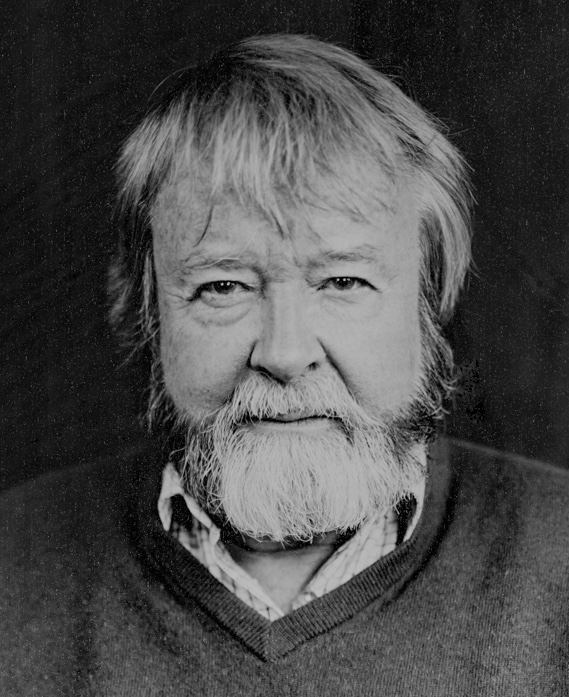
Dr. Iain McGilchrist – Wisdom, intelligence and AI
The words “artificial intelligence” beg questions and lead to assumptions. What is intelligence? How does it differ from information-processing? Do we, in any case, need more intelligence – or more wisdom? What do people seem to wish from AI, and why? Can we make predictions of what AI will or will not be able to do in the future? What would be a judicious way forward, given how much is at stake? How could we pursue such a path in practice?’ And … is, or can AI ever become conscious?
IAIN MCGILCHRIST is a former Fellow of All Souls College, Oxford, an associate Fellow of Green Templeton College, Oxford, a Fellow of the Royal College of Psychiatrists, a Fellow of the Royal Society of Arts, a Consultant Emeritus of the Bethlem and Maudsley Hospital, London, a former research Fellow in Neuroimaging at Johns Hopkins University Medical School, Baltimore, and a former Fellow of the Institute of Advanced Studies in Stellenbosch. He has published original articles and research papers in a wide range of publications on topics in literature, philosophy, medicine and psychiatry. He is the author of a number of books, but is best-known for The Master and his Emissary: The Divided Brain and the Making of the Western World (Yale 2009),
Speaker
-
 Iain McGilchristPsychiatrist, Philosopher, Literary Scholar
Iain McGilchristPsychiatrist, Philosopher, Literary ScholarDr Iain McGilchrist is a psychiatrist, philosopher and literary scholar. He is a Quondam Fellow of All Souls College, Oxford, a Fellow of the Royal College of Psychiatrists and of the Royal Society of Arts, as well as a former Clinical Director of the Bethlem Royal & Maudsley Hospital, London. His previous book, The Master and His Emissary: The Divided Brain and the Making of the Western World reached international recognition and acclaim and has marked him out as one of the greatest thinkers and philosophers of our time.
His latest publication is the two-volume work, The Matter with Things which was published in November 2021 by Perspectiva Press. This is a sustained critique of reductive materialism, and concerns such questions as ‘Who are we? What is the world? What is the nature of time and space? What do we mean by purpose, value and the divine? And how do we most reliably set about finding out?’
